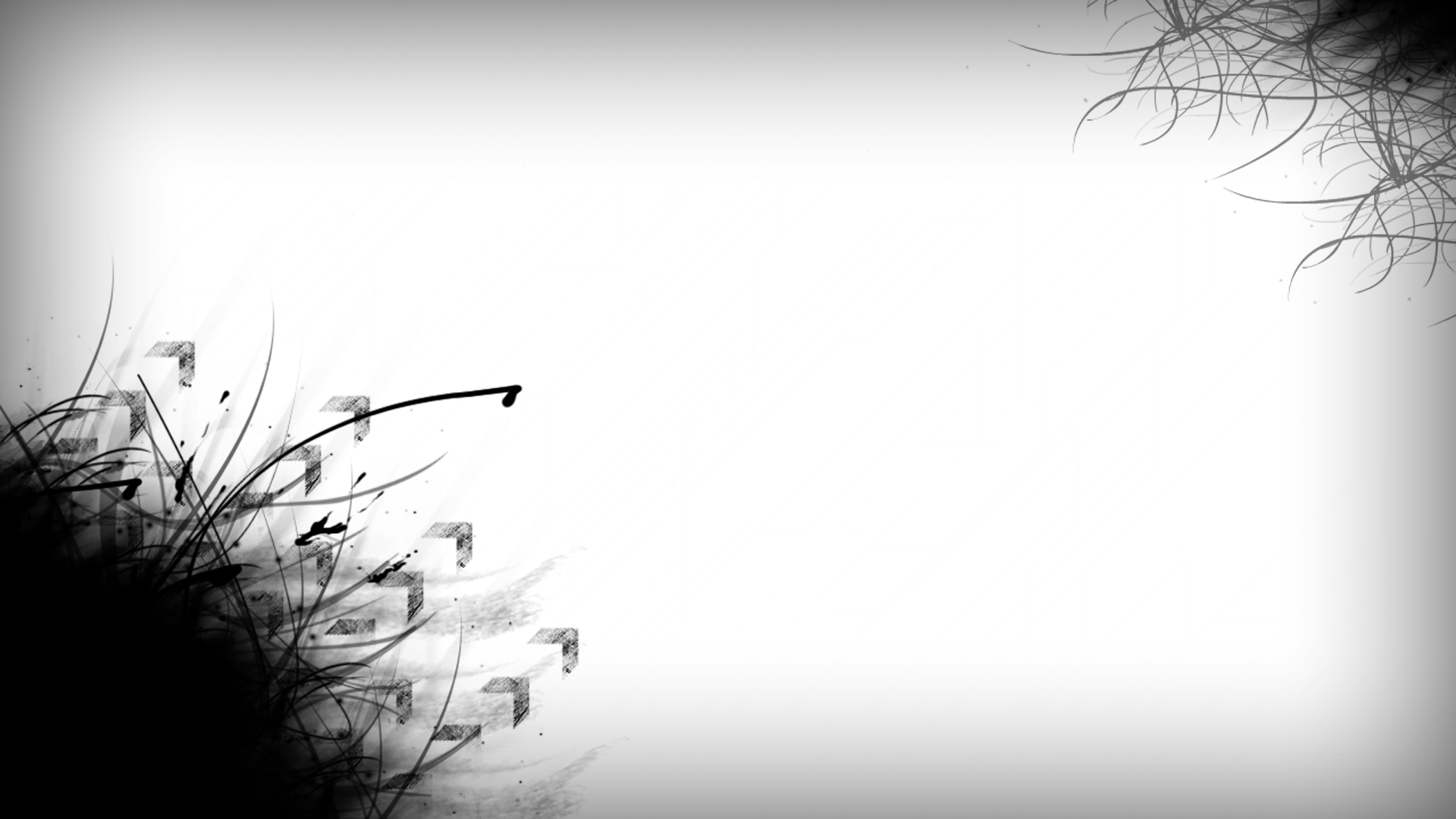
Mantis 19 (Spring 2021)
Multilingualism
Introduction
In an interview with the Harvard Review, in 1999, the writer Yoko Tawada was asked for her opinion on a remark by Hans Castorp, the protagonist of Thomas Mann’s novel The Magic Mountain. Castorp suggests that it is simpler to express certain ideas in a foreign language, since speakers tend to feel less responsible for what they say than they do in their native tongue. Tawada, who herself writes poetry and prose in German as well as in Japanese, her mother tongue, responded with laughter:
Well, I think it is an illusion to believe the mother tongue to be authentic. The mother tongue is a translation from non-verbal or pre-verbal thoughts, too. Language is not natural for us, but rather artificial and magical. People who like to believe that language should be identical with human emotions and thoughts do not like to speak foreign languages. They feel that they have to pretend to be somebody else or even that they have to lie when they speak foreign languages. Foreign languages draw our attention to the fact that language per se, even one’s mother tongue, is a translation…
This fascinating idea is in many ways present in the works compiled in this section. Multilingualism does not necessarily act in these texts by forming palpable encounters between two or more languages, but as a subterranean stream which plays a significant part in the ability of poetry to rethink its own language. The imagined stability of the mother tongue is undermined by this multilingual approach towards language, which challenges the hierarchies and partitions between languages and opens a space for new poetic experiments. Perhaps it has something to do with the fact that many poets are also translators. The processes involved in the act of translation such as distancing oneself from the familiar language, rethinking, reformulating, and creating a new and unique linguistic world, are essential to the poetic action as well. Paraphrasing the thought-provoking quote of the Russian poet Maria Tsvetaeva, “all poets are Jews,” we could suggest that by the very nature of their profession “all poets are multilingual,” as they constantly step out of the boundaries of language.
All the works presented in this section reflect this attitude toward the text. In Ekaterina Bogert’s poetry one can sense the radical experience of misplacement, and it is unclear whether what is misplaced is the body, the soul, or language itself. Valerie Wong makes different worlds collide and collapse into each other in a stunningly confused harmony. Stella Hayes forms perceivable figures out of letters, events and locations, and gives language a physical presence in the poem. Stefano Versace’s verse naturally turns casual speech into a poetic contemplation about the rich and complex reality from which it emerges, switching naturally between languages as it progresses. Camilla Marchisotti manages to fuse different worlds together into a single image by illustrating their shared pain and fate. Jacob Troia’s poems try to take language apart, while dismantling the world from which they emerged. Mati Shemoelof, who writes in Hebrew and German, tells us in English of the social and political implications of writing in a multilingual reality, and points to the sense of foreignness that accompanies this experience, alongside the hopeful encounters it creates a space for. And even as each of these writers moves within her or his own unique poetic language, they share a field of exploration that makes for a truly stunning incursion into the endlessly refractory world of multilingualism. I wish you all a pleasant reading.
